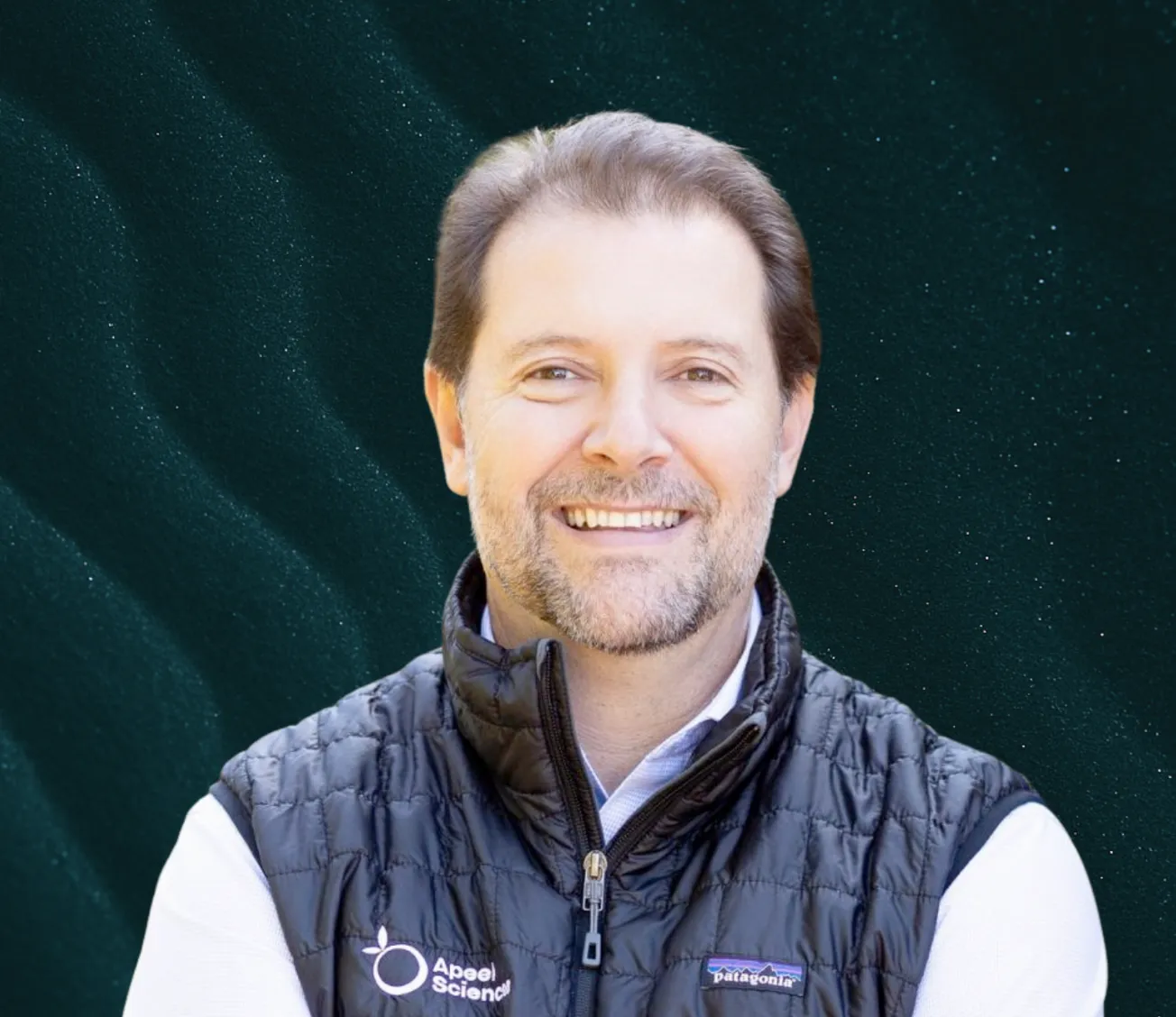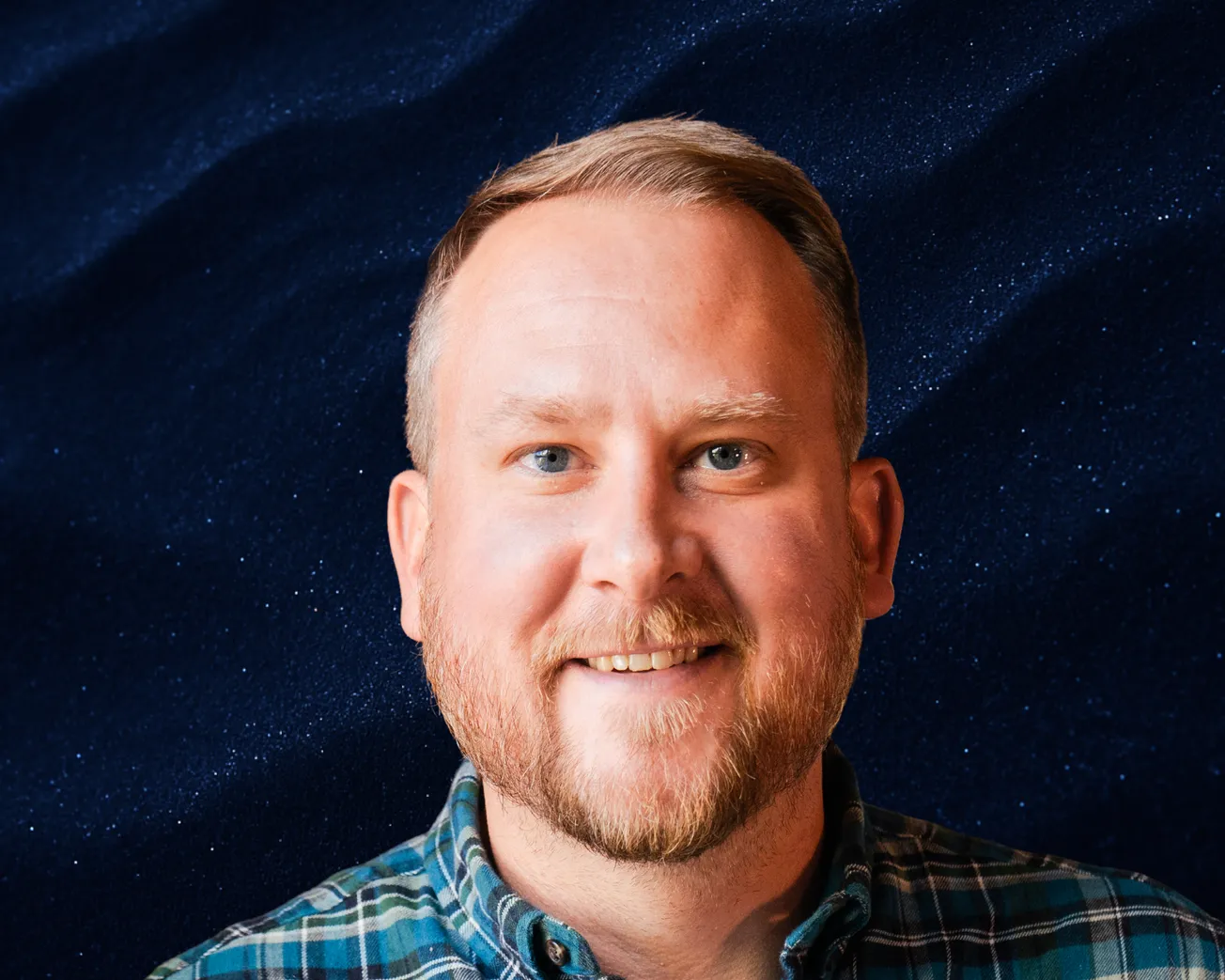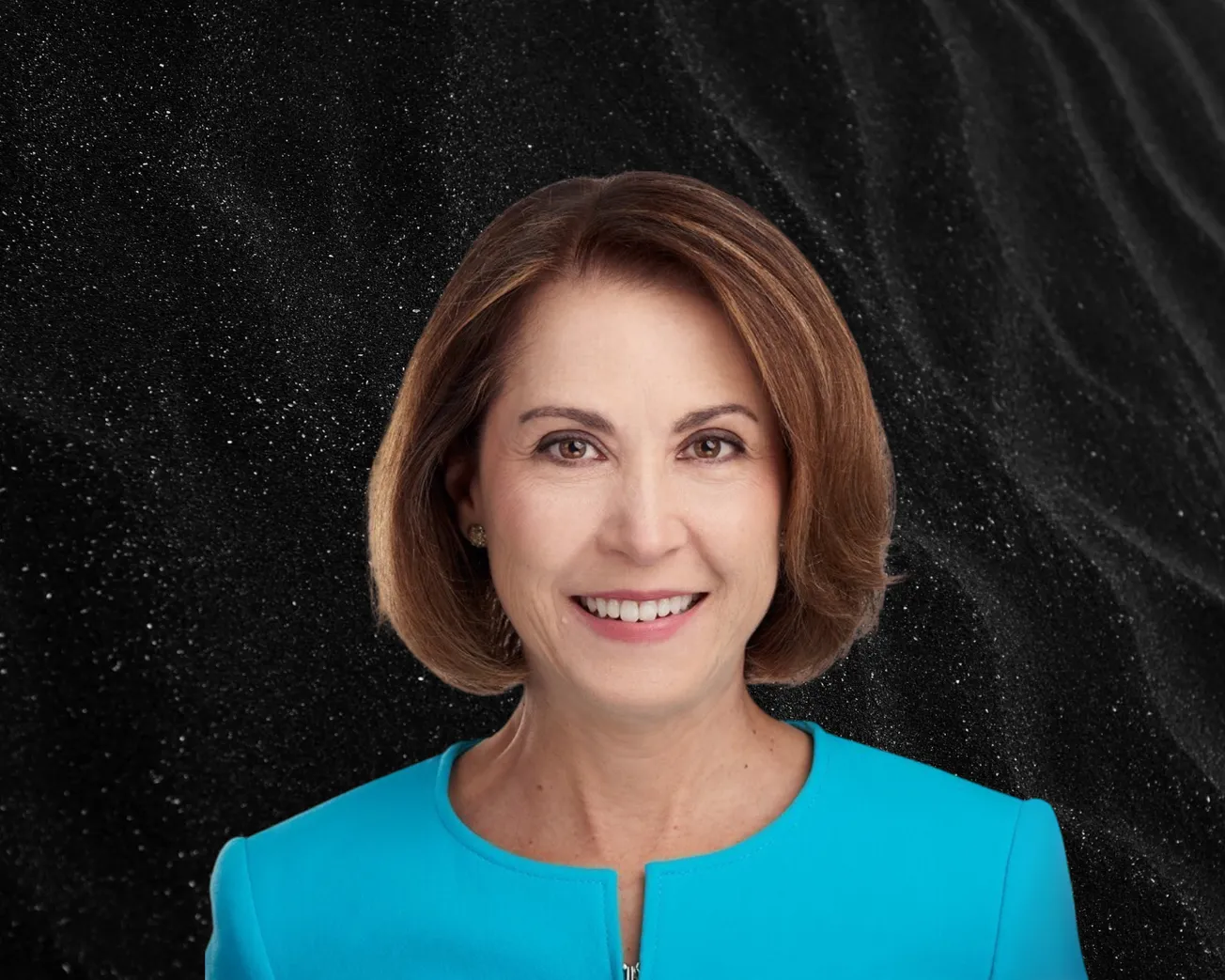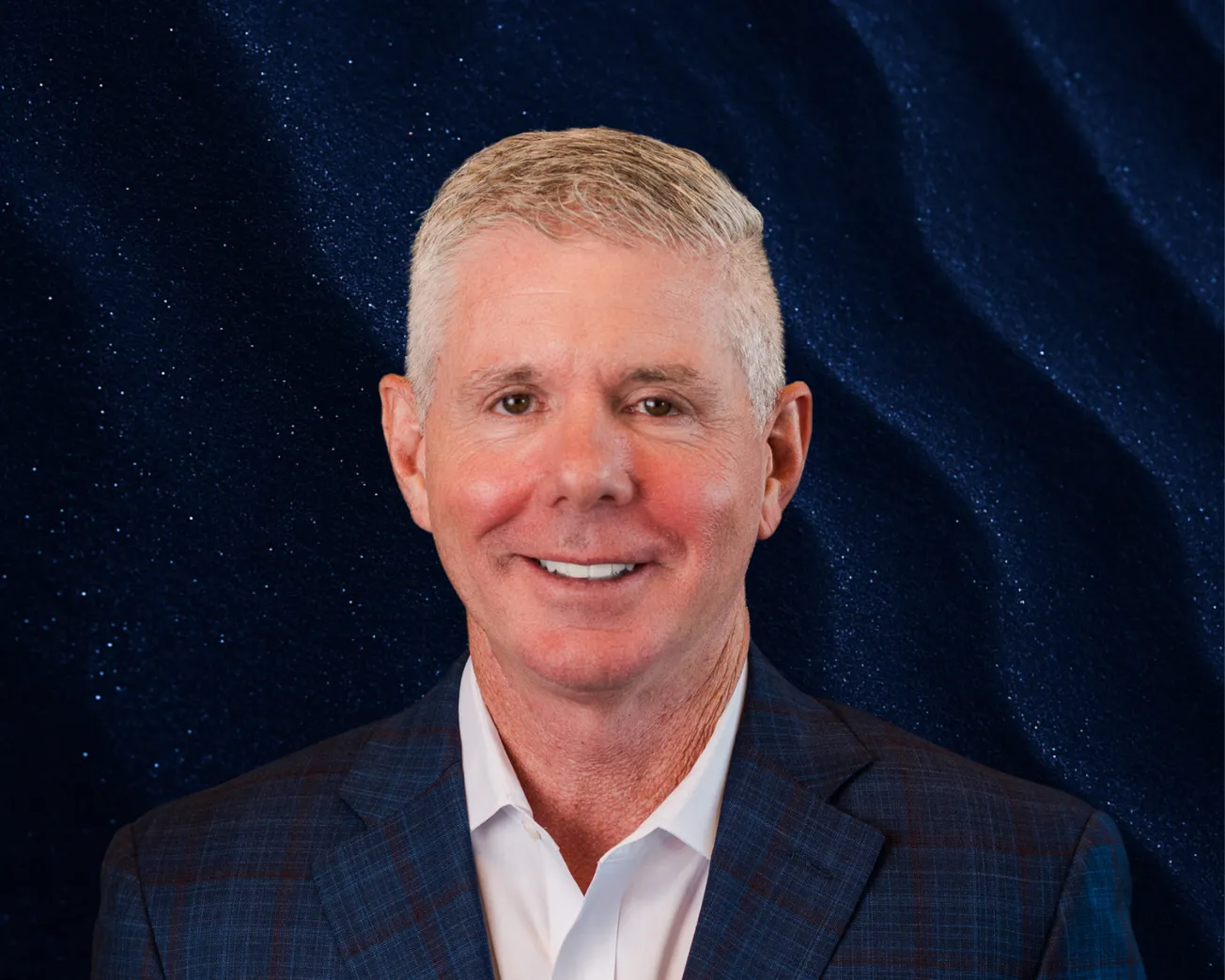Table of Contents
Luiz Beling, CEO of Apeel Sciences, sat down with Onyx for a feature-length interview.
What led you to the helm of Apeel Sciences?
It’s been quite the ride — 25 years working in agriculture and food.
I grew up in Brazil, where I earned my degree in chemical engineering. Before moving to the U.S. in 1998 for my MBA, I worked in the plastics and pharmaceutical industries. My first stop in the U.S. was a large ag-manufacturing company, which gave me a front-row seat to how things are made — everything from the production process to the true cost of creating a product and the interaction across departments.
Looking back, I’d say my career has had three chapters.
Chapter one: learning the ropes.
I worked in operations, finance, and accounting. I spent time in manufacturing plants, figuring out how all the pieces come together — from ingredients to production lines. That hands-on experience was a great foundation and strengthened my analytical skills.
Chapter two: getting closer to the customer.
My curiosity kicked in. I wanted to understand how companies decide what products to offer, how they market them, and why people buy them. Those years in sales, marketing, product and account management taught me how different customer groups think and what matters most to them.
Chapter three: leading the charge.
I moved into general management and even spent time living abroad in Argentina, running businesses across several countries. I ended up leading multiple businesses within that same company over two decades before making a big leap — to the startup world.
At Farmers Business Network, I joined an incredible team destined to disrupt a traditional industry that had already developed great platforms, tools and technologies and needed people who could help them scale operations. Four years there gave me exactly the experience I’d need to run a company.
Then I discovered Apeel — and I was hooked. Here was a company that spent a decade perfecting a plant-based coating to keep produce fresher for longer by using food to protect food. The mission? Reduce food waste, lower food costs, and fight hunger. I couldn’t say no.
I’ve been at Apeel for just over 18 months now, and it’s been an incredible journey so far.
How does this food coating work to extend shelf life without refrigeration?
It’s pretty fascinating! Apeel’s products are made from the same types of lipids you already find in the peels, seeds, and pulp of fruits and vegetables themselves. The main ingredient is monoglycerides, which is also an important ingredient in human breast milk.
If you think about how plants evolved, they didn’t start out on land — they were aquatic. When the seas receded and plants adapted to life on land, plants developed natural protective layers to keep moisture in and protect themselves from the elements. Those layers are made from lipids.
What we’ve done is study that natural defense system and recreate it. We use plant-based materials and turn them into a thin, edible coating that goes right on the surface of produce. This extra layer slows down water loss and oxidation — the two biggest culprits behind spoilage.
The result? Longer shelf life and better quality without relying on extra refrigeration, synthetic waxes, or plastic packaging. In other words, we’re simply giving fruits and vegetables a little more of what they’re already born with.
Does this work beyond fruit? Can you use it on vegetables too?
Absolutely - it works on both fruits and vegetables! The sweet spot for applying Apeel is right after produce has been harvested during the process of cleaning, sorting, waxing, and packing within a supplier's operations — we replace the waxing step. In fact, the science behind Apeel can be applied to almost any kind of produce — it’s just a matter of matching the right formulation and application system to each crop.
How does it compare to traditional plastic packaging in terms of environmental footprint?
As it’s made from plant materials, it’s completely edible and compostable. You’re not just reducing food waste, you’re eliminating plastic waste, too!
We’re giving the gift of time, right? That’s what plastic was trying to do. Now, we’re doing it without wrapping produce in synthetic materials.
I’ll give you a quick example. We ran a 16-week trial in 56 retail stores using our edible coating on cucumbers. By simply replacing the plastic wrap, we eliminated the equivalent of 3.75 million plastic straws — or more than 190,000 plastic bottles!
Sometimes, plastic can actually encourage mold because it traps humidity. With our coating, we’re delaying mold growth. It’s a significant improvement — not just in terms of footprint, but also in food quality.
What’s the biggest challenge you face in scaling globally?
I’d say the biggest is just adoption inertia. Food systems are incredibly complex, and conservative by nature, because you’re dealing with food. If a process exists, and consumers are used to it, people are reluctant to change.
Even though our product provides a better return on investment for the entire supply chain — from the moment you treat the produce, that value travels all the way to the household — you still find hesitation. Initially, people want to try it on a smaller scale. “Let me see how my packers or shippers react. Let me test our consumer response.” That hesitation takes time to overcome.
Sales cycles are long. You start with trials, before moving on to small demos, then ascertain how to operationalize it. You’ve got to understand their equipment and operations, and assess their risk tolerance. In some cases, we install our own equipment at the packing house to make sure that the product is properly applied. We put in place a lot of technical and product support. However, once people see the results, we start to see that takeoff!
I will say that Europe has been much quicker to adopt, as they tend to be more sustainability-focused. We’ve seen really encouraging uptake there.
What’s the revenue model? Is it per unit, or more service-based?
We’ve got two main products. Our coating business is primarily a service-based model. We partner directly with suppliers (packing houses) and provide them with everything they will need: installation, technical support, shipments of coating material, replenishment — all of it.
In some markets, we might do a bit of licensing, or platform-based stuff, but, largely, it’s service-based.
We’ve also introduced RipeTrack, Apeel’s digital solution for measuring produce quality in real time.
It combines advanced hardware with smart software. The hardware can accurately — and without damaging the fruit — instantly measure key indicators like firmness, oil content, and dry matter. The software then transforms those readings into immediate, easy-to-read data with actionable insights for better and faster decision making.
With RipeTrack, growers, packers, and retailers can make better decisions across the supply chain leading to a more consistent, better fruit quality and reliable experience for consumers.
The service runs on a SaaS, pay-per-use model — so you only pay for what you need, when you need it.
Where do you see the biggest market opportunities?
We’re doubling down on Europe, as that’s where we see the strongest retail and consumer demand. The mindset is already more oriented towards sustainability.
We’re especially focused on the Mediterranean region: Spain, Morocco, Egypt, Greece, Turkey and Italy. That’s where you find a lot of citruses, stone fruit, and avocados — the categories we’re working with now — as well as vine vegetables (tomatoes, cucumbers, and peppers) grown for the European market. We also see South Africa as a key country for us.
There’s a ton of fruit grown in those countries that is to be distributed across Europe, and further afield. As our coating allows for extra shelf life, it also unlocks export potential — from South America to Europe and Asia, for example.
I’d say the opportunities are there for short-haul, by improving regional distribution, and long-haul, by helping producers reach counter-season markets. Now, people want fresh produce categories available all year round. Our tech makes that a lot more viable.

Are you pursuing strategic partnerships to help with expansion or development?
Yes, we’ve done a few things, especially around the digital product.
All our instruments are non-destructive. That’s a core value for us. We stand for food waste reduction, so we avoid destruction wherever possible. Traditionally, to measure oil content or dry matter for avocados, you drill a hole in the fruit and then throw it away. With our tools, you don’t have to. That’s all thanks to our partnerships.
As we scale, we’re looking at both direct, and partnered, distribution models — both in coatings and digital. There are also these adjacent use cases that we’re excited about. For instance: flowers. We’ve seen our coating extend their vase life by up to two weeks! That’s got great potential, both for supply chain partners as well as for consumers.
We’ve also had early looks at turf, lawn and sod. Water loss is a huge challenge, and our coating helps to slow that down. Think about residential lawns or sports fields. There’s a lot of potential!
With Apeel’s coating, we’re effectively eliminating the need for single-use plastic in produce.
However, we’re not experts in every one of those markets, so we’d look to do that with partners — people who already have that expertise.
Do consumers need to know when Apeel’s coating is being used? Is there demand for that transparency?
There’s definitely a desire by consumers to know what’s on their food. Produce is no different.
What’s interesting is that most consumers don’t know what happens post-harvest — including with organic produce. There’s a lot that gets added: sanitizers, synthetic waxes for shine, fungicides to delay mold…
We believe that our plant-based, edible coating is a lot healthier and more sustainable, and we should be open when talking about that aspect: “Did you know your fruit usually gets treated with these things? Did you know that there’s a better option?”
That’s why we use the Apeel sticker. We want people to know that their produce has been protected with something plant-based, which is a lot better than how it was treated before. Transparency is coming, and we must lean into it!
Where do you see Apeel going in the next decade?
You’re going to see three things.
First, we’re going to expand our coating business into more categories and regions. Right now, it’s avocado, citrus, and stone fruit. Next will be vine veg and berries. That opens up new markets.
Secondly, you're going to see us invest in produce digitization. One of the biggest consumer frustrations is inconsistent quality. Mangoes and avocados that are too green, too soft, not sweet, overripe... Our system — what we call RipeTrack — helps to improve consistency. Consumers should know that their mango will be sweet and ripe, every time.
The third will be adjacent spaces. We don’t want to be just a food waste company. We want to be a nature-inspired technology company. Packaging, flowers, turf, cosmetics — anywhere that needs sustainable coatings or bio-based solutions. That’s where we’re headed.








Comments